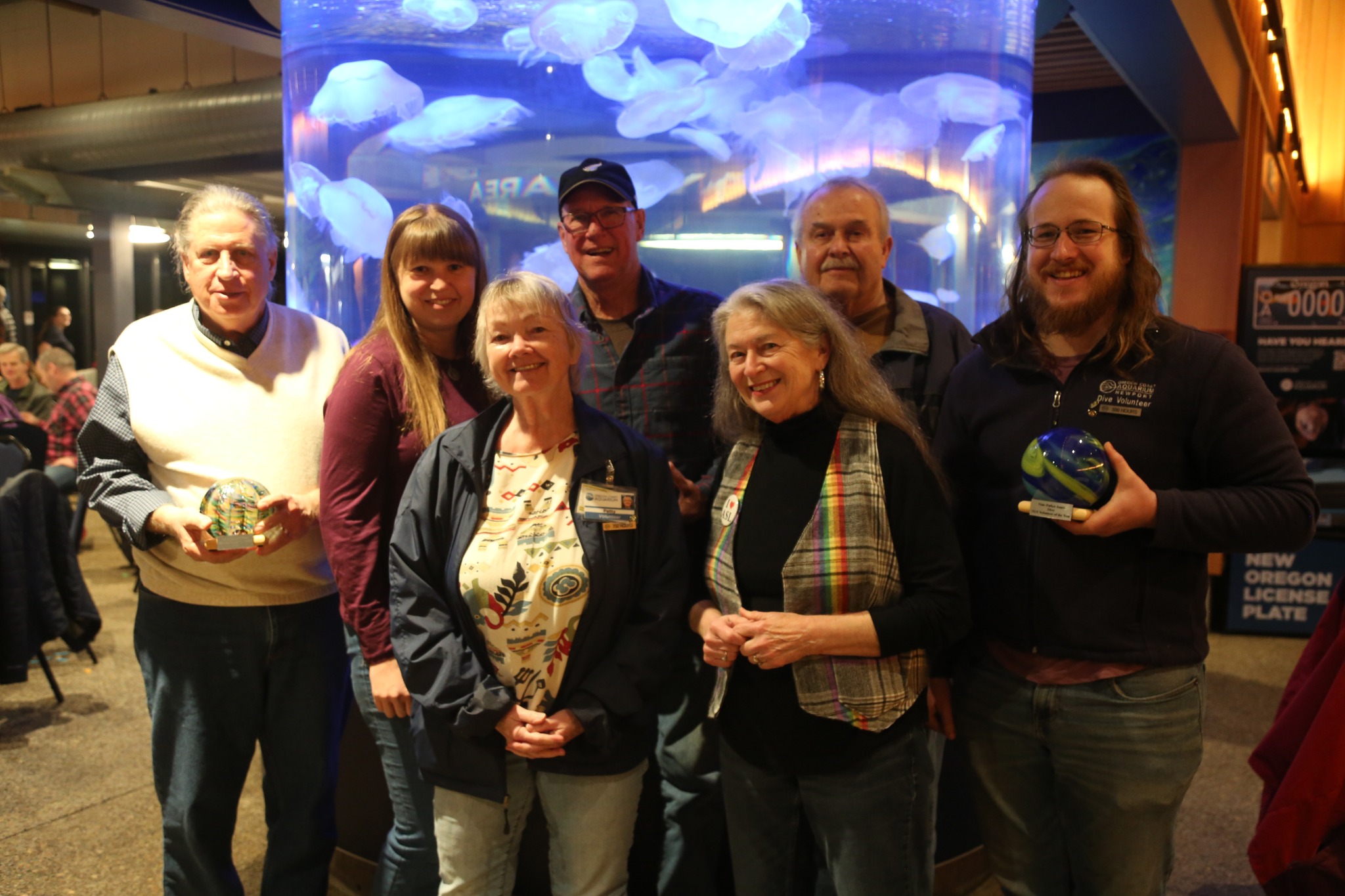- The pivotal role of volunteer appreciation in wildlife conservation efforts.
- The significance of volunteers in supporting zoo management and operations.
- Educational initiatives and training programs for volunteers in zoological settings.
- Conserving biodiversity through volunteer participation in field research and habitat restoration.
- The impact of volunteer efforts on community engagement and environmental advocacy.
Volunteers are the unsung heroes in the conservation landscape. During Volunteer Appreciation Week, we take a moment to spotlight their Herculean contributions, yet it is crucial to acknowledge their efforts daily. Every individual dedicating time to conservation plays a substantial part in safeguarding wildlife and promoting environmental stewardship.
In zoological and wildlife conservation contexts, volunteers are essential in executing diverse tasks that span beyond the basic functionalities of zoos and wildlife reserves. They provide indispensable support enabling the smooth functioning of conservation programs and enhancing visitor experiences. Their passion and dedication make a difference in preserving biodiversity for future generations.
Zoo management relies heavily on volunteers to assist with animal care, educational programs, and public interaction. Volunteers help bridge the gap between zoo professionals and the public, offering insights and information about the role zoos play in conservation. As advocates, they increase awareness about threatened species and conservation strategies.
Educational programs for volunteers are paramount in ensuring they are well-equipped to participate effectively. Training sessions often cover animal behavior, conservation techniques, and communication skills. By investing in these programs, zoos and conservation organizations empower volunteers to act as informed ambassadors of wildlife conservation. This education fosters a deeper understanding of the delicate balance within ecosystems and the steps necessary to maintain it.
Volunteers also play a critical role in field research and habitat restoration, key components in biodiversity conservation. By participating in scientific studies, they collect data essential for understanding species populations and environmental health. Habitat restoration projects often rely on volunteer labor to plant trees, remove invasive species, and revitalize natural habitats. These efforts are crucial in maintaining the ecological integrity of conservation areas and ensuring habitats remain viable for species survival.
Community engagement is another area where volunteer efforts shine significantly. Volunteers often lead outreach programs and environmental education initiatives that build public awareness and support for conservation causes. By cultivating relationships within communities, they enhance public understanding and foster cooperative strategies for environmental protection. The ripple effect of these efforts leads to greater public involvement and advocacy for wildlife conservation.
In conclusion, the contributions of volunteers are invaluable in the realms of zoo management and wildlife conservation. Their selfless dedication helps protect our natural world, support research endeavors, and foster community bonds. Recognizing their efforts should extend far beyond appreciation weeks, as their work continues to underpin the successful conservation of our planet’s diverse ecosystems.
*****
Source Description
Thanks for celebrating Volunteer Appreciation Week with us! While this week has been a great opportunity to recognize and celebrate volunteers, we’re incredibly grateful for them every single day. We can’t say it enough–these amazingly dedicated humans make all the difference.


